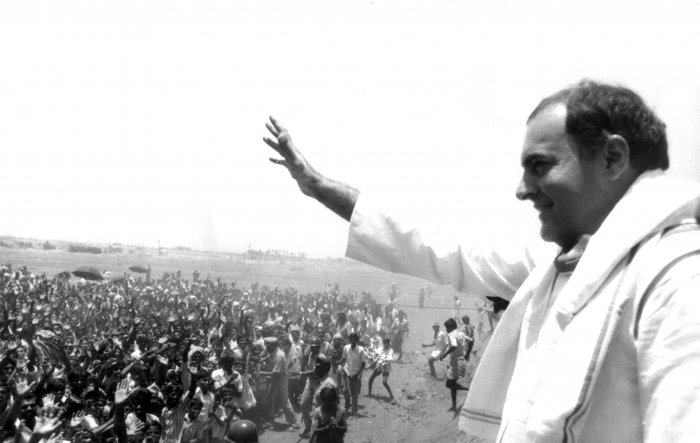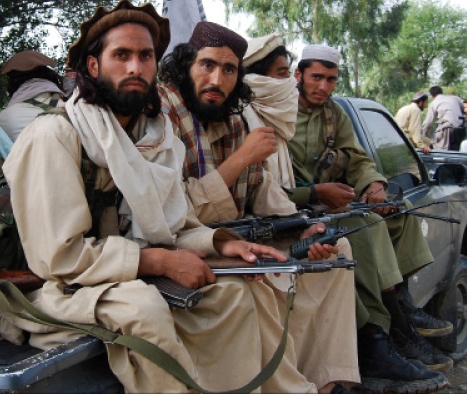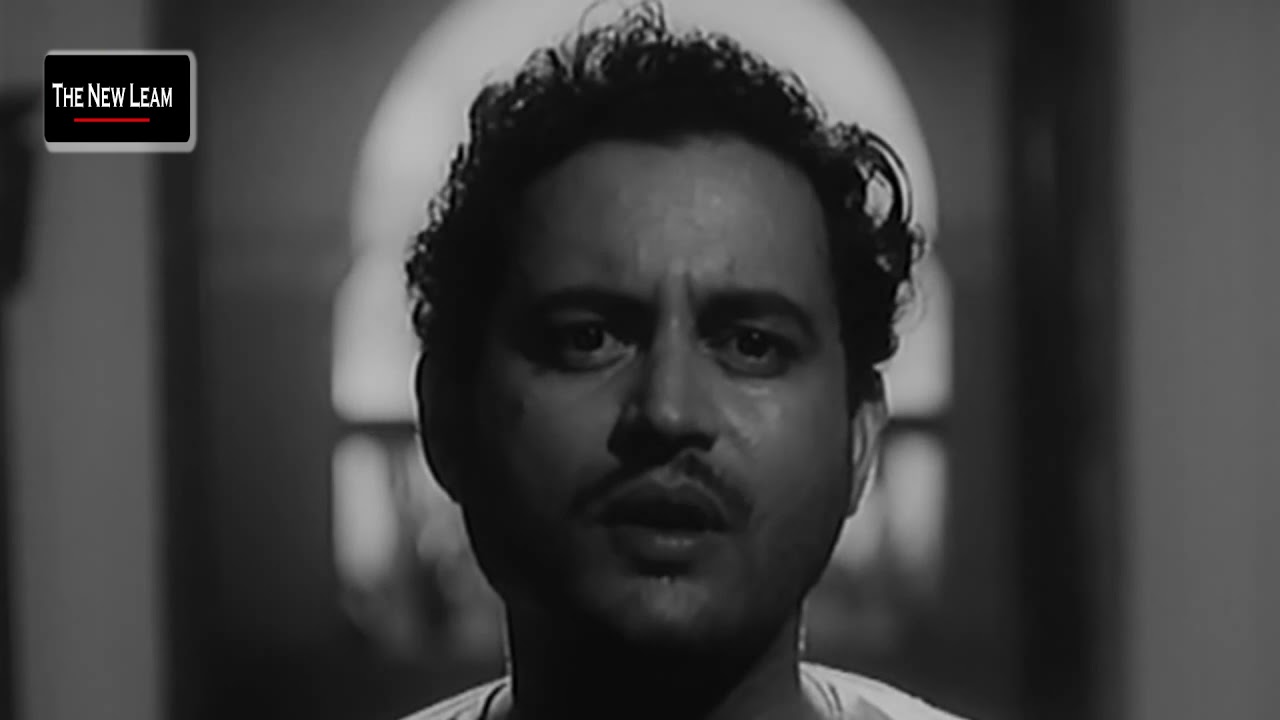COMMENTARY
Dragging Former PM Rajiv Gandhi into the present political discourse by the BJP maybe an attempt to mobilise the Sikh voters, but it has certainly pulled down the level of politics at an unprecedentedly low level.
Deshbandhu Nagraj is a Senior Journalist based in New Delhi.

Five phases of the on-going Lok Sabha elections came to an end with a controversial and much condemned statement from Prime Minister Narendra Modi. His comments on Congress leader and former Prime Minister Rajiv Gandhi sparked immense controversy. His statement about Rajiv Gandhi being’ Corrupt Number 1’ brought about a host of criticisms from the Opposition, from teachers at Delhi University and concerned citizens from all across the country. PM Modi’s attack on his strongest political opponent and Congress President Rahul Gandhi with his remark on the alleged corruption of his father makes us ask whether there is any morality left in our political discourse?
What are we to make of this gruesome disrespect for a former PM who was brutally killed under difficult circumstances? The controversy only seems to grow further in intensity as the PM has now said that he had only stated a fact and that people were coming to terms with the reality of a dynastic party that had looted the nation for generations. The Congress had appealed to the Election Commission to probe into the matter and take action against PM Modi for insulting a veteran leader, a visionary and a martyr. However the Congress President Rahul Gandhi who is contesting the Lok Sabha elections from Wayanad and Amethi retained grace and said that the PM Modi’s destiny awaited him and that his Karma would take over. He also offered all his love and a huge hug.
Critics across the nation are asking whether by dragging former PM Rajiv Gandhi the BJP is sinking the political discourse beyond permissible limits and whether the theme is being diverted from ‘real’ to insignificant issues. In response to this attack, more than 200 professors from University of Delhi have condemned Modi’s remarks against Rajiv Gandhi. The question that we wish to ask is why does Rajiv Gandhi need to become a political issue almost 30 years after his death? What we also must note is that Rajiv Gandhi had been called ‘Mr. Cleam’ not by sycophants but a media that was relatively less in favour of bias.
His involvement in the Bofors deal was also not proven beyond doubt. It was in 2004 that Justice JD Kapoor of Delhi High Court has said that “So far as the public servants Rajiv Gandhi and S.K. Bhatnagar- are concerned, 16 long years of investigation by… the CBI could not unearth a scintilla of evidence against them for having accepted bribe/illegal gratification in awarding the contract in favour of A.B. Bofors”.
The Rafale controversy on the other hand awaits a fair probe and not a clean chit that is premature. The dragging of Rajiv Gandhi into the political discourse more than three decades after his death is a reminder of the decadence of the Indian political culture.
The constant attack on the opposition, the dragging of the members of the Gandhi lineage and blaming them for all the wrongs done in the country have invited as much backlash as it has called for applause- no wonder, the shift from accountability and responsibility to hate speech and abuse is simultaneously appreciated and condemned in India. As the standard of Indian political discourse is set at an unimaginably low pedestal and there is an absence of all civil dialogue among political leaders- it is ironic that we are forgetting the real issues and obsessing over the non-issues.














